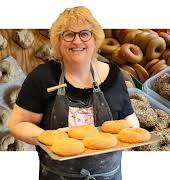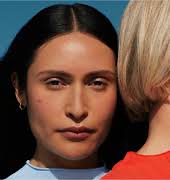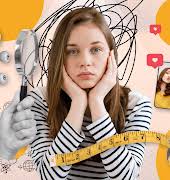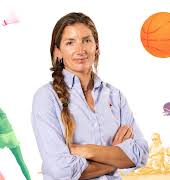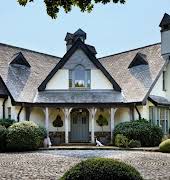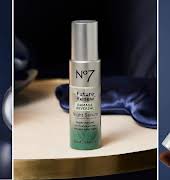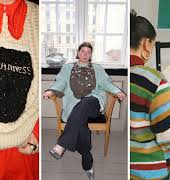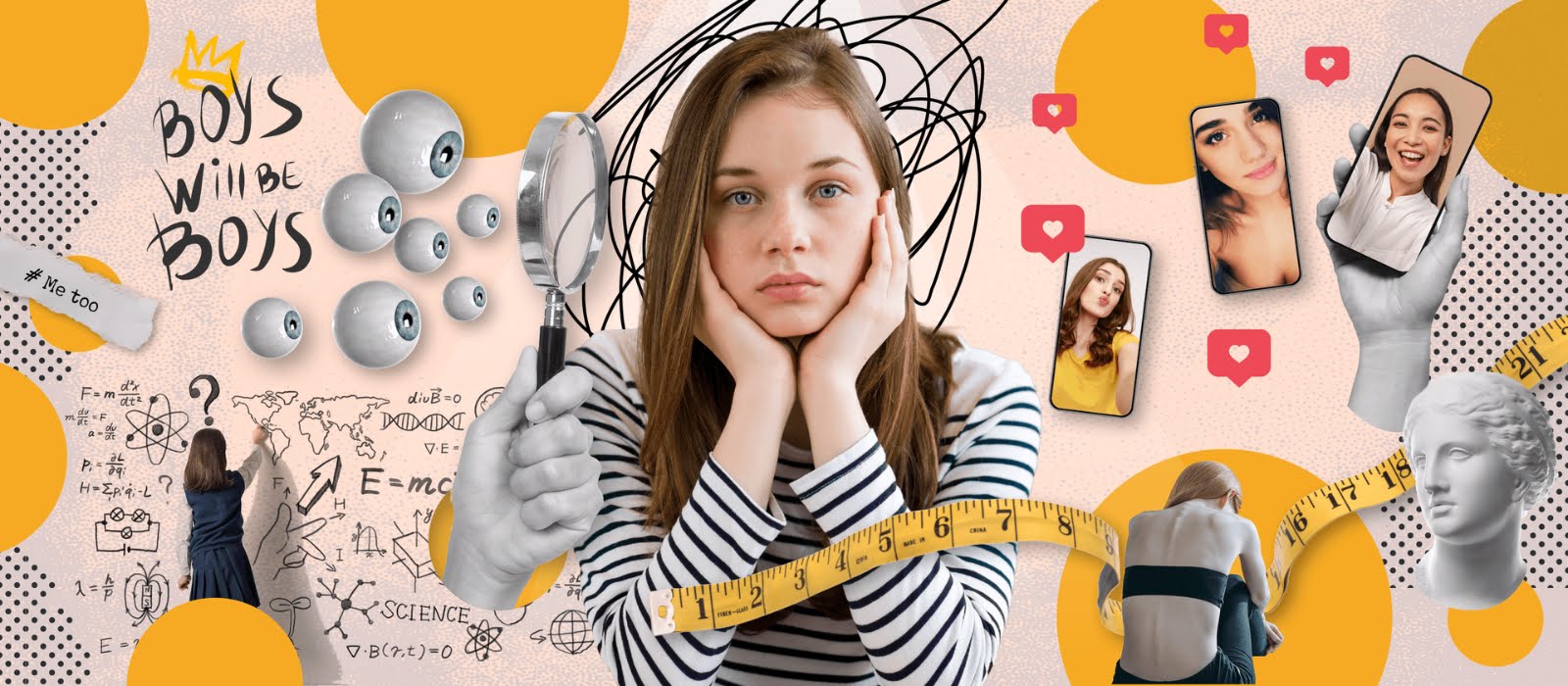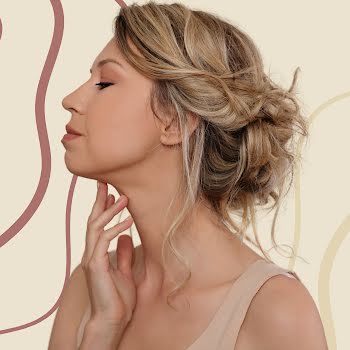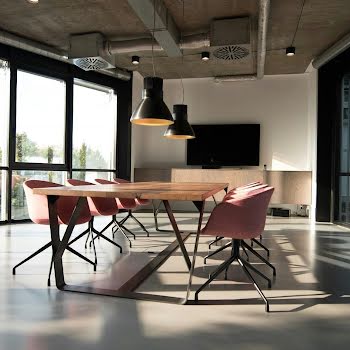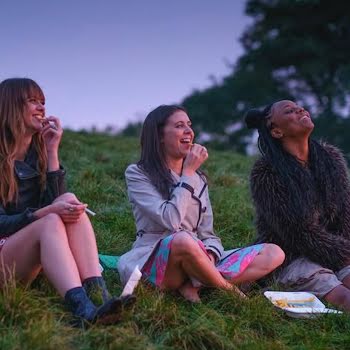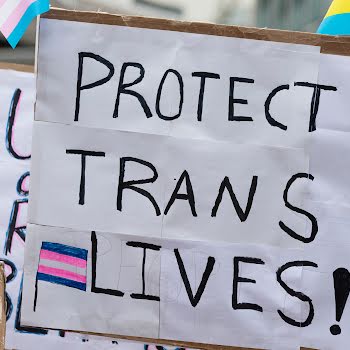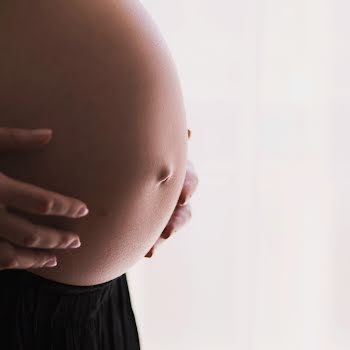
The Perfect Storm: Social media, education, and the intense pressure on Ireland’s teen girls
Social media. Body image. Education. Gender equality. Mental health. The Shona Project’s survey of 1,035 Irish teens reveals the reality of growing up in 2024. The results? Eye-opening, heartbreaking, and impossible to ignore.
At The Shona Project, we’ve been working with teenage girls all across Ireland for years. One of the great privileges of our work is to hear their stories. Some are shared with anger, because they are frustrated with how the world that they will inherit is changing, and some are barely a whisper, because they are their most precious private thoughts, and fears. These stories matter and need to be heard by those who make decisions that will impact their futures.
That’s why this year, we partnered with The Outcome to conduct a national survey, exploring the experiences of the young women and girls of Ireland. The findings will help us to advocate for policy change in areas such as mental health, education and equality, but most importantly, it will help us to ensure that the voices of young people are central to shaping meaningful support and interventions when needed.
Over the past six years, The Shona Project has engaged with more than 300,000 young women and girls, gaining deep insight into their experiences, challenges, and motivations. Through our programmes and initiatives, The Shona Project empowers teen girls and non-binary teens across Ireland, covering themes such as mindset, resilience, confidence, mental health, women’s health, sports, careers, activism, and more.
The Outcome is a Social Value consultancy that supports businesses, non-profits, and public organisations in demonstrating impact, designing effective programmes, and maximising positive change. Its work is grounded in ethical research practices and person-centred methodologies, ensuring that participants feel heard and valued while delivering credible, traceable, and actionable insights.
The survey had 1,035 respondents, 95% of whom identified as girls and 5% as non-binary. The respondents were between 12 and 19 years old and came from 23 counties across Ireland. At The Shona Project, we are often asked, “What’s the biggest challenge our girls face?” Our response is never a straight answer, because the whole point is that there is no one big challenge. The point is that there are SO MANY! Our girls exist in a perfect storm of societal pressure, social media algorithms, and world events that bombard them from the moment they wake up and open their phones until they fall into an often broken and troubled sleep.
That perfect storm has created a world in which:
- 79% sometimes feel that they are no good at all
- 89% have worries and anxiety that nobody knows about
- 80% feel that their generation is facing much greater challenges than older generations
- 70% felt that social media negatively affects their mental health
- Negative body image often or always affects 61% and confidence/ low self-esteem affects 60%
- 68% feel they need more support and resources than ever to talk about difficult feelings and issues affecting them
We asked the girls to add comments at the end of the survey, and we received hundreds of articulate, intelligent and honest observations, such as: “In my opinion, girls are pressured by their parents and peers, to act, dress or feel certain ways. I feel conflicted most of the time between considering what others want and actually deciding for myself. When you mix that with the confusing world of social media, nothing seems to make sense.”
The survey showed that many girls don’t find school a positive environment, with 70% saying that the current assessment procedures are not a good way to assess learning and 73% stating the education system doesn’t make everyone feel accepted, represented and included.
One respondent said, “Being a teen girl in Ireland today is suffocating. It feels as though we are being set up for failure in all aspects of our lives… Our education system is causing bright and talented people to crumble beneath the pressure. The points system is archaic and cruel and the impossible jump between 2nd and 3rd level is clear to see in our college dropout rates.”
In a world in which we constantly strive for gender equality, and so much work has been done, our girls still feel that they will have to be better, work harder and shout louder to have the same opportunities.
One respondent said “I will never be seen as funny, even if I make the exact same joke a boy steals from me. Every career path I choose will be commented on, stared at… Every positive test score I receive is met with a blank look, but every fail reminds me I will never ever be like a boy… Being a girl is juxtapositional. I am too big and too small, not enough and too much all at once. But being a girl is also gossiping with friends in a way boys will never understand. Feeling joy when you can finally express yourself. Secret personalities only shown to other girls. Imagine if we could be like that all the time.”
One of the most worrying things we’ve seen in our work is the rise in misogynistic or threatening behaviour from boys. Sadly this is reflected in the survey; “I have been sexually harassed in school so many times, teachers don’t do anything about it. Women have so many expectations to be nice, docile and ‘take it’ and no men my age ever have.”
This sentiment was echoed over and over again; “I think the thing that sits most with me about my experience of being a woman in today’s society has to be the quote, ‘boys will be boys’. I was a quiet kid growing up, I always minded my own business but if I ever spoke out of turn, or did something slightly unacceptable, I’d be punished, possibly even taken out of the [class]room, my parents would’ve been involved and I would’ve gotten detention. But for the boys, it was a completely different story. They had a free pass.”
For us at The Shona Project, these observations are sad but not surprising. There is a huge need for conversations to be had with boys about what it means to be strong, masculine, and a leader. Unfortunately, messages from society are not serving our girls or our boys, and there is much work still to be done for all of our young people.
To find out more about The Shona Project, please visit shona.ie.
This survey was conducted by theoutcome.ie.


